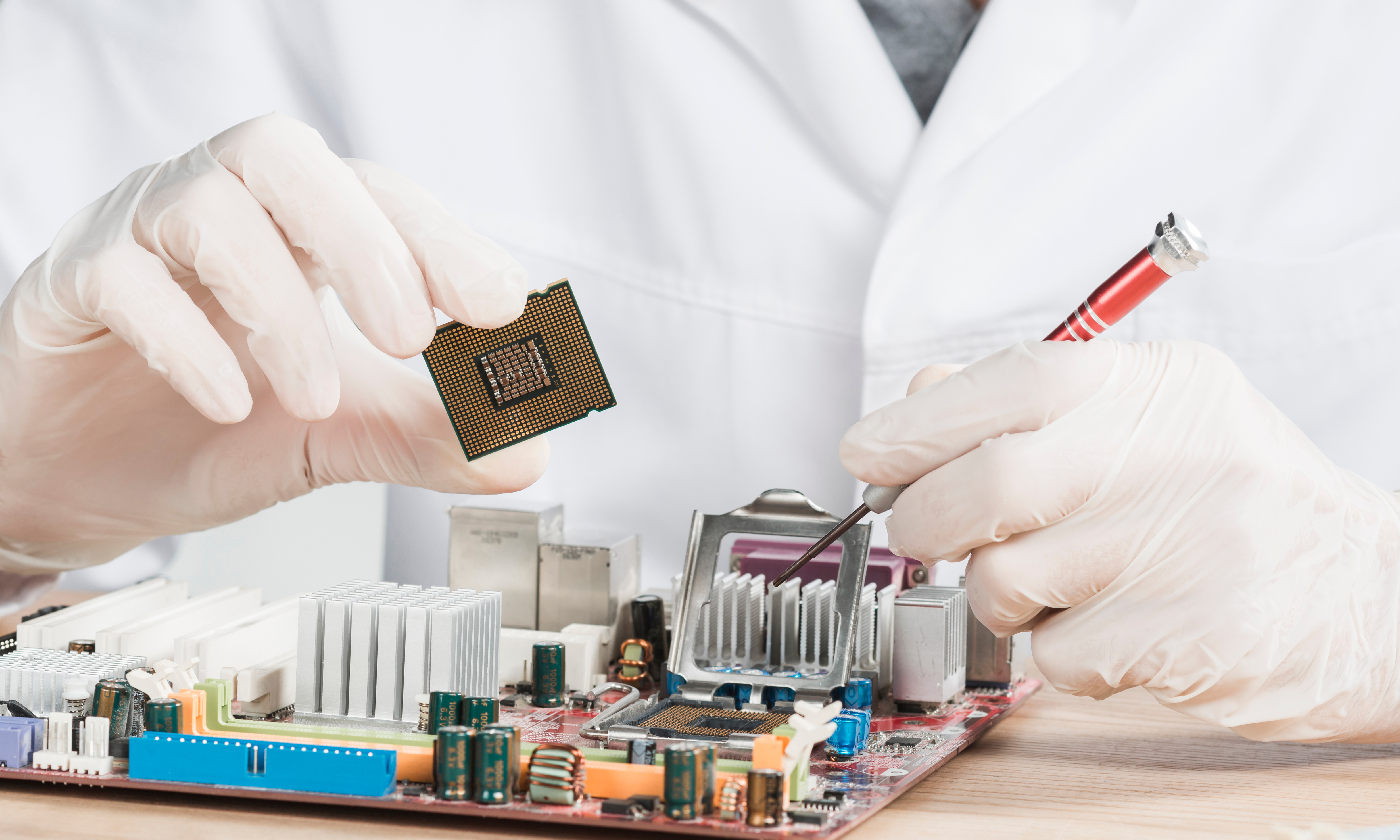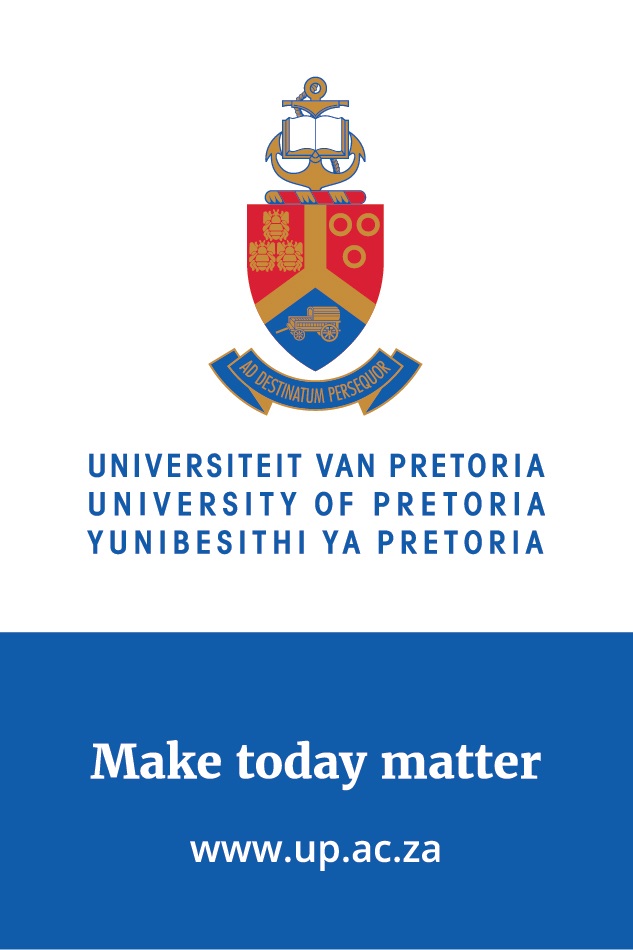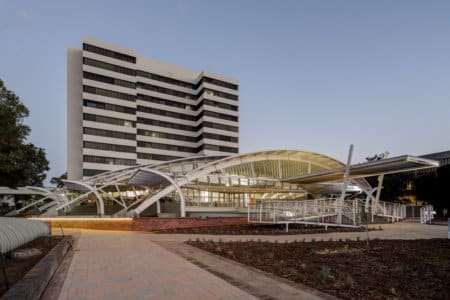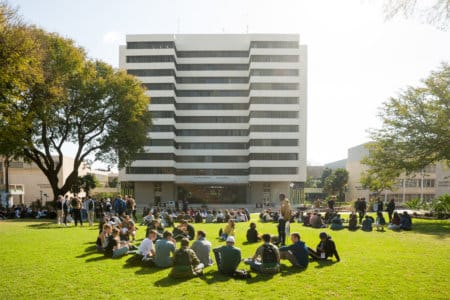After Nishkar Naraindath successfully achieved distinctions in all his subjects at Pretoria Boys High, he set his sights on joining a prestigious university. His goal was to gain the knowledge, skills and experience to tackle the global energy crisis through sustainable solutions. He had learned about the potential of renewable energy technologies to revolutionise our world’s energy systems. “The University of Pretoria (UP), with its towering presence and reputation for excellence, especially in Electrical Engineering, was my only choice,” he says. “Its commitment to high-quality research and its top ranking in my field made it the perfect fit for my ambitions.”
The University of Pretoria (UP) is one of Africa’s largest, top-ranking research universities. It is part of the world’s top 1,9% of universities and ranks highly across several ranking measurement systems which take into consideration a range of factors. Its Department of Electrical, Electronic and Computer Engineering is ranked first in Electrical and Electronic Engineering in South Africa (QS World University Rankings by Subject 2024) — a performance that befits its profound activities. Here, faculty members are equipping students to build a smarter Africa and world while developing sustainable technologies for inclusive societies and aligning their work to the Sustainable Development Goals (SDGs) of the United Nations.
Naraindath chose to join this department for these reasons. “The programme has a great emphasis on innovative problem-solving and integrating cutting-edge research,” he says. “The blend of theoretical grounding and practical application really made the programme stand out to me.”
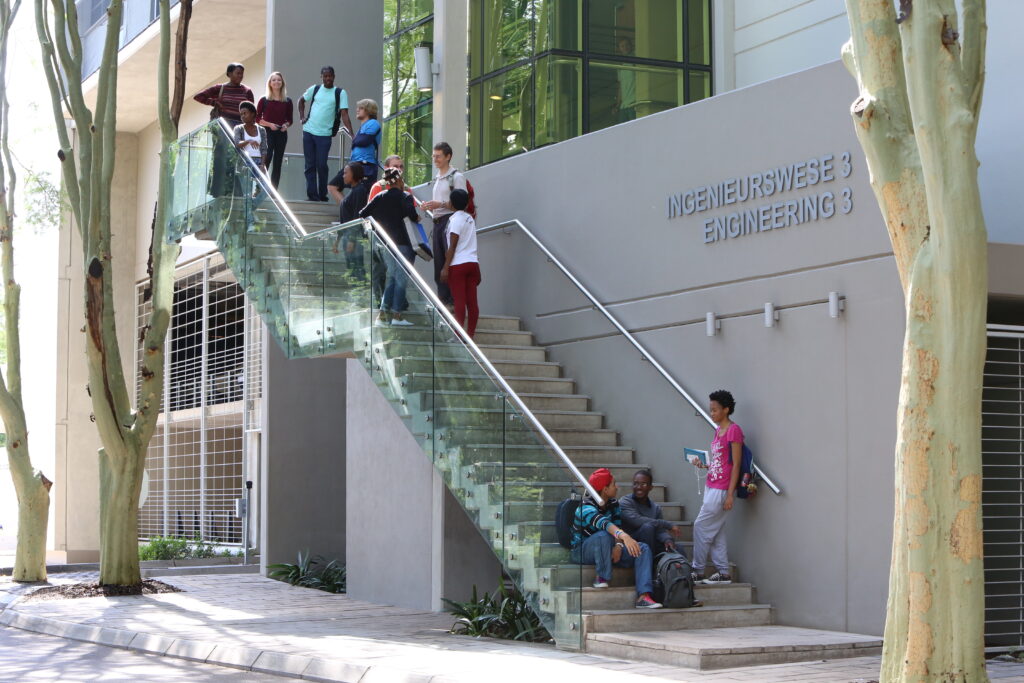
The university develops renewable technologies for inclusive societies according to the United Nations Sustainable Development Goals. Source: University of Pretoria
It was an impactful degree — so much so that Naraindath spent his entire academic journey at UP. “My passion for engineering and commitment to contributing to global knowledge and sustainability drove me to pursue postgraduate studies, and I am currently working toward my PhD,” he says.
Bruno Jorge de Carvalho e Silva did the same. He first moved from Mozambique to UP as an undergraduate student and completed his bachelor’s, master’s and PhD degrees here. Before joining UP, he was initially interested in two programmes – computer science and computer engineering. Silva then opted for the latter as it covered hardware, feeling that it would provide him with a better, well-rounded experience. “Although it is a very challenging programme, it is very rewarding,” he says.
Silva achieved many things at UP. He collaborated with the Council for Scientific and Industrial Research (CSIR) on a research project. He mastered the fundamentals of research. He took a course in wireless sensor networks that struck the right balance between theory and practice. He attended various seminars and conferences, allowing him to network with other students, professors and professionals in industry.
The results speak for themselves – after graduating in 2021, he’s currently a postdoctoral researcher at the City University of Hong Kong. “I do research on Internet-of-Things (IoT) and indoor localisation. I also co-supervise postgraduate students and develop software for embedded systems,” he says.”
Heinz Mittermaier is another student who joined the department as an undergraduate and stayed on to complete his Master of Engineering degree. “I chose UP for my studies due to its reputation for academic excellence and its strong focus on engineering,” he says. “The vibrant campus environment and diverse community also played a significant role in my decision.”
Today, Mittermaier is an R&D Control Systems Engineer who credits his UP degrees for providing him with a strong foundation in control theory, simulation, signal processing, and system dynamics/modelling, as well as experience in programming languages such as MATLAB/Simulink and Python 2.
“I pursued a Bachelor of Engineering Honours degree with a specialisation in control systems,” he says. “This programme stood out to me because of its comprehensive curriculum, cutting-edge research opportunities, and the university’s commitment to fostering innovation in the engineering sector. My initial interest in this field sparked from student work done in the field.”
Mittermaier still remembers his courses on optimal control and multivariable control, as they “provided in-depth knowledge and practical skills” crucial to his specialisation. “The hands-on projects made the learning experience truly enriching,” he says.
Since graduating, Mittermaier has thrived in roles that involve developing advanced control techniques and algorithms for the minerals processing industry. “The journey has been rewarding, and I continue to apply the knowledge and skills gained during my time at UP,” he says.
Follow the Department of Electrical, Electronic and Computer Engineering at the University of Pretoria on Facebook and Instagram.

